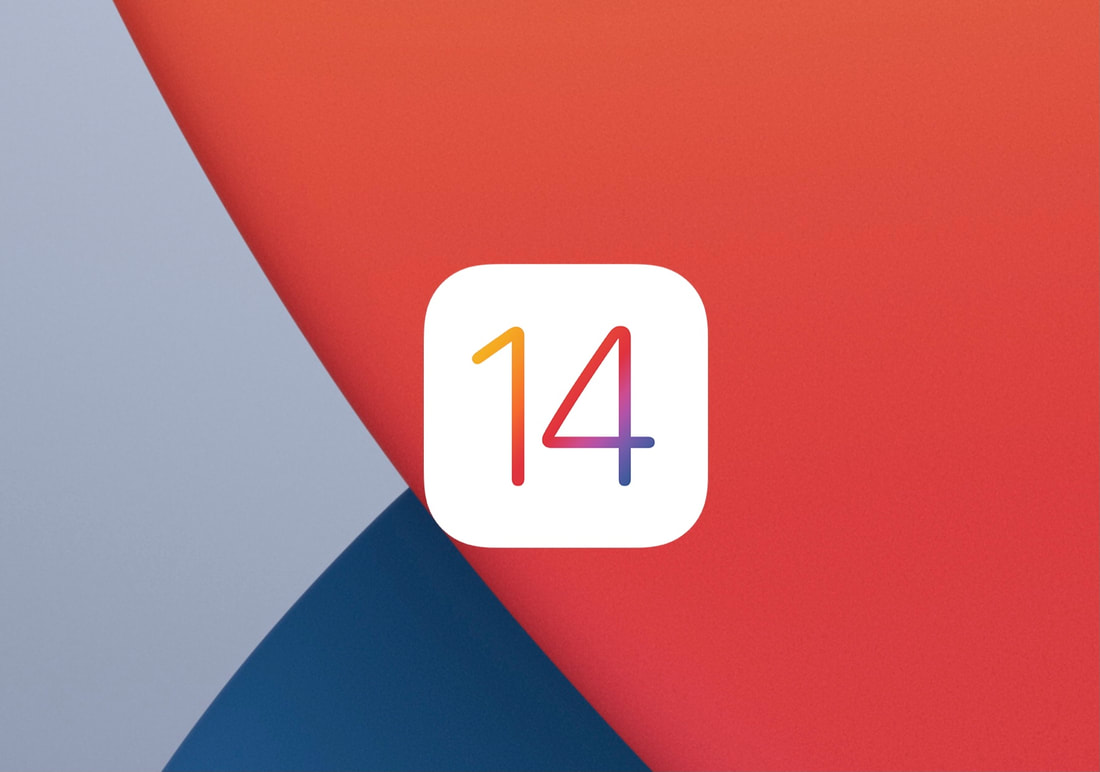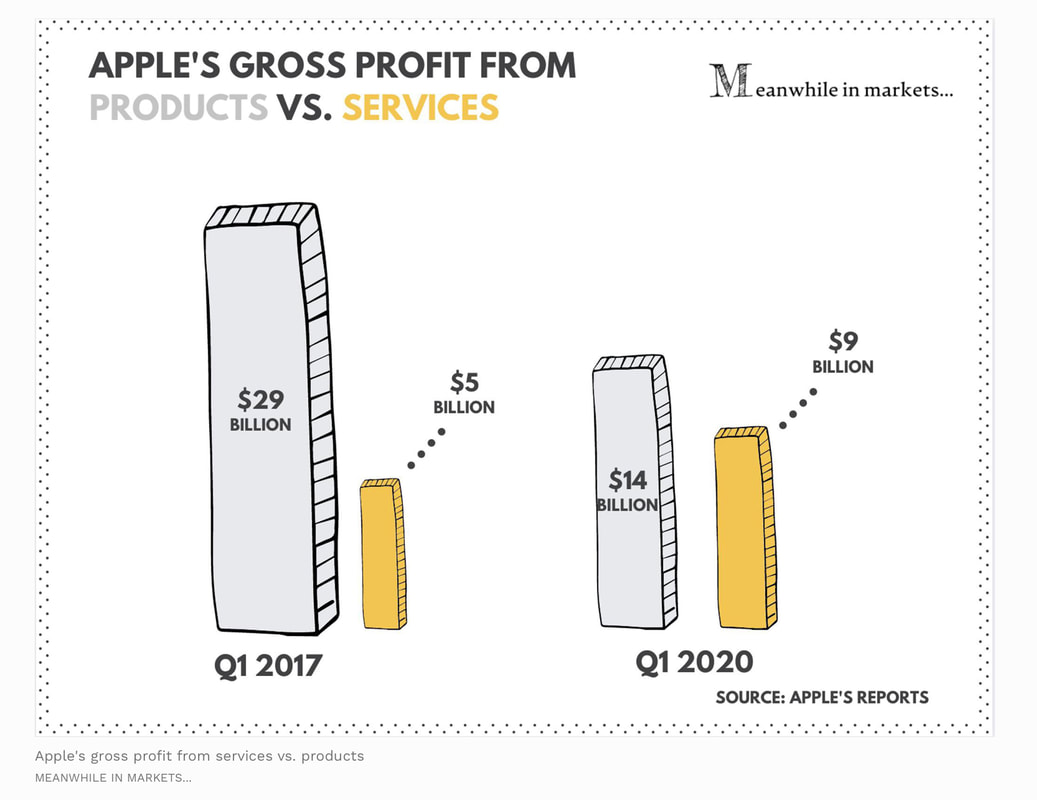Well, I never thought I’d see the resurrection of this disgraced theory coming from an iOS developer. But lo and behold, Marco Arment dredges up this tattered theory in his latest attack on Apple. His contention is that without apps, the iPhone is nothing. As Marco says “People come to the iPhone for the apps”. Marco thinks that hardware is the commodity and apps are the unique value.
I’m going to pull a paragraph from my 2016 article. If you replace the word “services” with apps, it rebuts Marco perfectly.
Services to the mobile phone are like destinations to a car. It doesn't matter how great the destination is, customers will still purchase their "vehicle" based on price, quality, and design.Based on Jan’s thesis, potential car buyers would be so enamored with all the possible destinations that they could visit that the car itself becomes irrelevant. This couldn’t be farther from the truth. Just because you’re dreaming of your next trip to Toadstool National Park doesn’t mean that you don’t worry about how comfortable or reliable your next vehicle is. In fact, the more time you think you’ll spend in your car the more you may be willing to pay for one. — Perezonomics, June 24, 2016
My contention is that apps and services have become the commodity, not the hardware. Sorry developers, but consumers can either get your app or one like it anywhere. You can message, navigate, Facebook, or watch movies from your refrigerator these days. Apps and services isn’t what triggers people to pay for an iPhone over a cheaper Android phone or even a cheap laptop.
Marco is wrong that anyone buys an iPhone these days “because of the apps”. The world doesn’t revolve around the developers. Now it’s true that no one would buy an iPhone that couldn’t run apps. But it is IOS that attracts the customers. And it’s the customers that attracts the developers.
There’s a simple remedy to Apple’s hegemony. The developers would need to leave iOS en masse. And yet they never would. Why? Because they see more value in access to Apple’s market than they do elsewhere. Again, a market that exists because iPhone customers are attracted to iOS. Apple’s world revolves around iOS.
Here’s a paragraph I wrote a few months ago before the whole AppStore ruckus blew up.
And when I say “hardware”, I’m including the OS platform as a part of that. The OS platform is really the engine that drives the car. It’s a part of the vehicle that takes you to where you want to go. All the questions of quality, customer service, or features that factor into hardware by extension include the OS platform. —Perezonomics, February 2, 2020
People buy iPhones and iPads because of iOS. And Apple continues to extend their lead in areas of design, privacy and security for the users. If you care about privacy, you buy an iPhone. If you want to be less susceptible to malware, you buy an iPhone. If you want something that you don’t have to manage or troubleshoot as much, you buy an iPhone.
Apple designed iOS to be a simple operating system that people could trust. If there was ever an argument for why Apple resists making iOS more like macOS listen to the after-show of the latest ATP podcast where John Siracusa tries to track down why his Mac Pro won’t wake from sleep any more. That my friends, is why iOS isn’t more like macOS.
PC makers don’t have to pay for the entire cost of creating an OS platform. Android phone makers don’t pay any of the cost of their OS platform. Apple is the only computer maker who shoulders the entire cost of their OS platform on it’s own shoulders.
It’s easy for developers to say, “Let the hardware buyers pay for the entire cost of iOS. Apple makes a ton of money from iPhone sales”. That’s true but the estimated shift in gross profit is moving the wrong way for Apple.
If Apple was to shift the financing of iOS totally to hardware at this point, it would have two negative consequences.
- Hardware prices would go up or the material component budget would have to go down.
- App purchasers lose their vote. This means that the AppStore revenue helps Apple set priorities when it comes to iOS development.
These are both negative for the consumer. Would Apple shift this burden to the consumer just so that Tim Sweeney can buy another Lamborghini? I hope not. But this is the heart of the matter. Developers want more money.
This is the age old power struggle between producers and consumers. Companies (developers) want more money from their customers. Apple just happens to be in the way. Developers ultimately want the hardware customers to pay their 30% for them.
iOS is why people buy iPhones, not the apps. And Apple has no sugar daddy when it comes to paying for it. Google has their advertisers, Samsung has Google. Dell and HP have Microsoft. But Apple only has their hardware and services customers.




 RSS Feed
RSS Feed